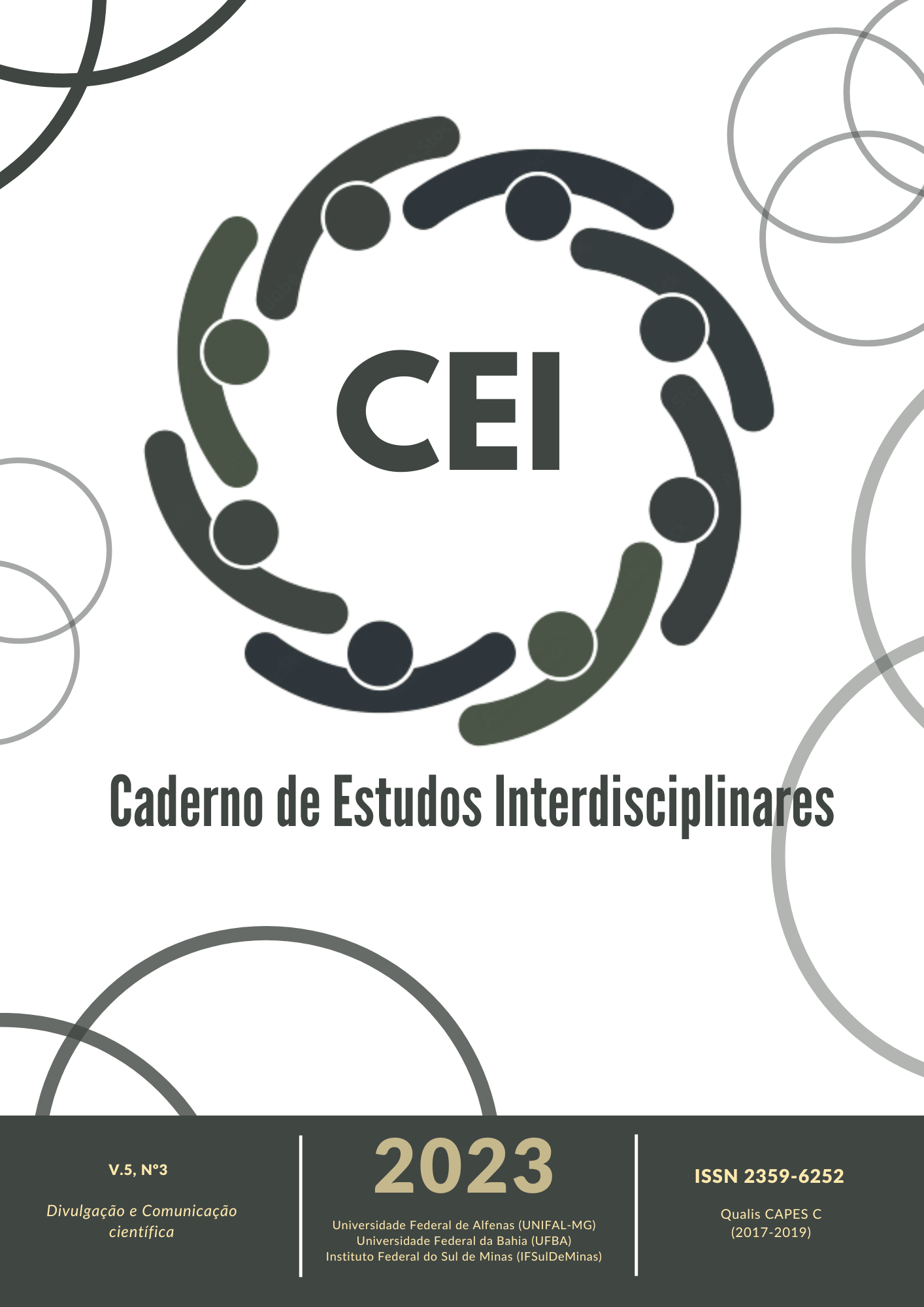TRANSDISCIPLINARIDADE E COMPLEXIDADE PARA A ANÁLISE DO FENÔMENO CRIMINAL
Keywords:
Transdisciplinaridade, Complexidade, CrimeAbstract
This study aims to analyze Edgar Morin's complexity and transdisciplinarity as vectors for understanding the criminal phenomenon, with the aim of formulating an initial line of adequate state response. The objective is also to reflect on some of the theories that seek to explain criminality, verify its limitations and investigate the need for a global look on the subject. The theme is fundamental in the homeland and in the present day, since criminality, as a human and social phenomenon, radiates reflections in the life of the whole society, being the relevant subject for every citizen, behold, impacted, in the most diverse ways (whether financially, psychologically or physically), by the harmful results of the crimes committed. Therefore, knowing and understanding its dynamics and its actors is essential in the search for adequate public policies to prevent crime, effectively intervene with the deviant person and improve response models. Therefore, the method used is applied, explanatory, qualitative and bibliographic. In the end, one comes to the conclusion that understanding the phenomenon for the desired purposes requires the abandonment of radicalisms and fragmented worldviews, it requires, in short, the reconnection of knowledge.
References
BECKER, Gary S. Crime and Punishment: an economic approach. In: BECKER, Gary S.; LANDES, William M. (Eds.) Essays in the Economics of Crime and Punishment. [S.l.]: National of Economic Research, 1974. p. 1-54. Disponível em: http://www.nber.org/chapters/c3625. Acesso em: 10 out. 2022.
DESCARTES, René. Discurso do método. São Paulo: Martins Fontes, 1996.
JESUS, Damásio E. de. Direito penal – 1º Volume – Parte Geral. 21.ed. São Paulo: Saraiva, 1998.
LIMA JÚNIOR, José César Naves de. Manual de Criminologia. 2.ed. Salvador, Bahia: Juspodivm, 2015.
MORIN, Edgar. Ciência com consciência. 8.ed. Rio de Janeiro: Bertrand Brasil, 2005.
SANTOS, Akiko. Complexidade e transdisciplinaridade em educação: cinco princípios para resgatar o elo perdido. Revista Brasileira de Educação, v. 13, n.º 37, jan/abr. 2008, p. 71-83. Disponível em https://www.scielo.br/j/rbedu/a/5qbJPVmkqkbqNMj8hGTXVBN/?lang=pt. Acesso em 05 jun. 2023.
SOUZA, Marcelo Lopes de. Fobópole: o medo generalizado e a militarização da questão urbana. Rio de Janeiro: Bertrand Brasil, 2008.

